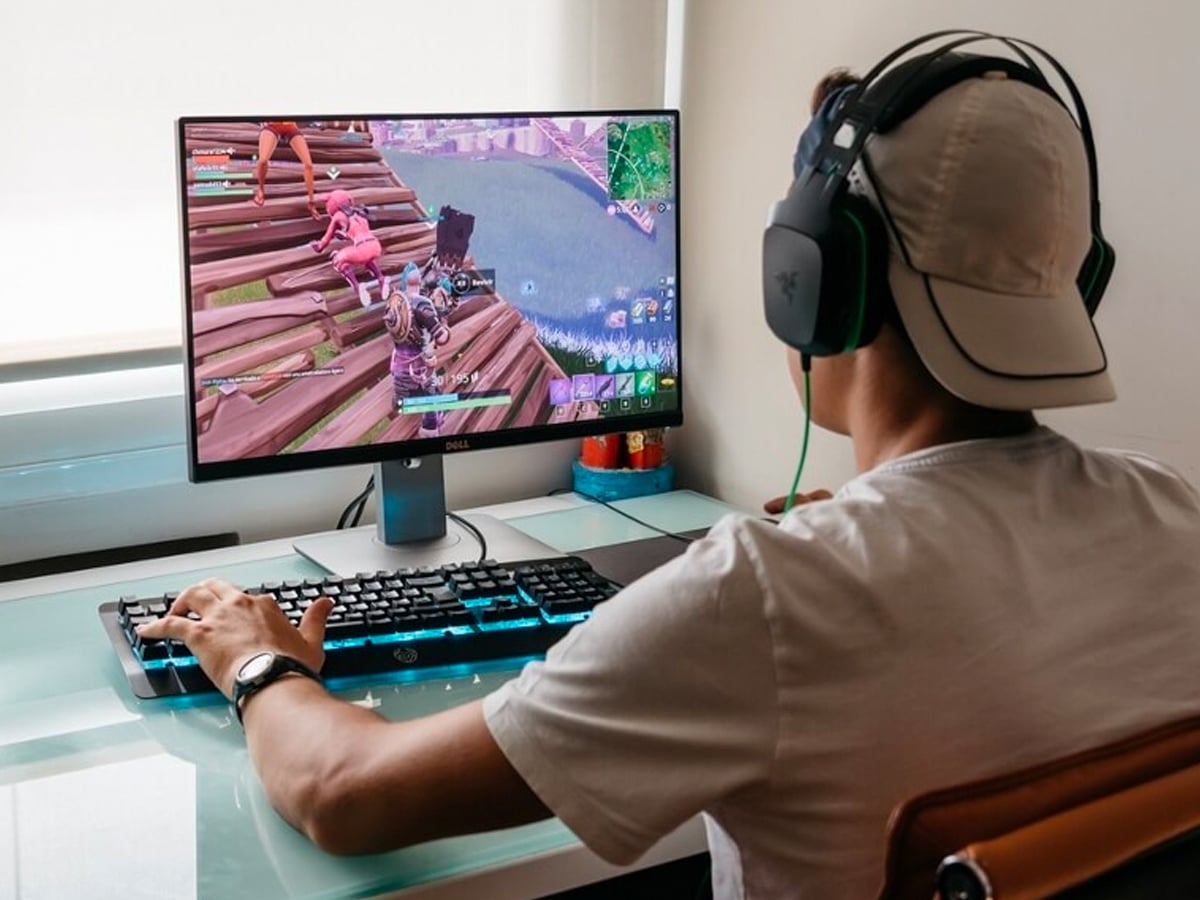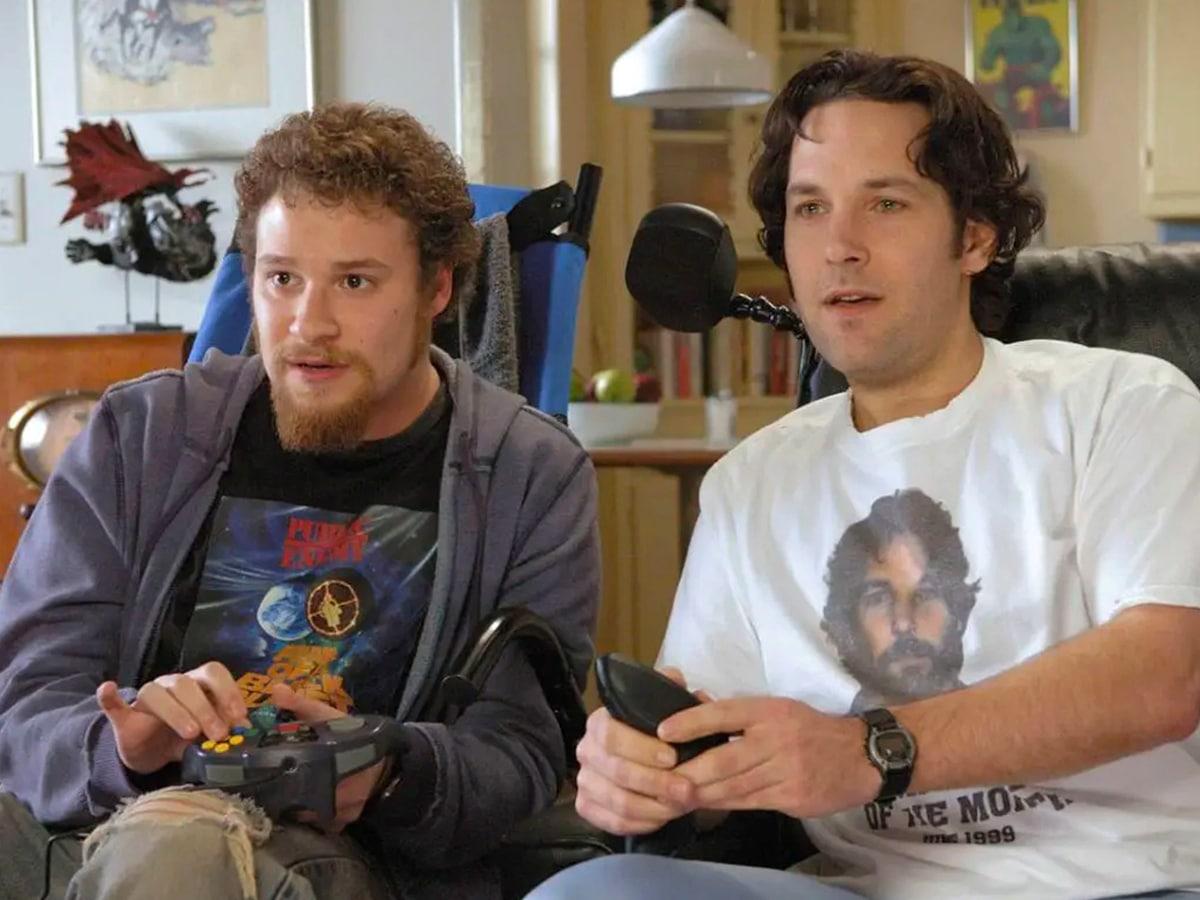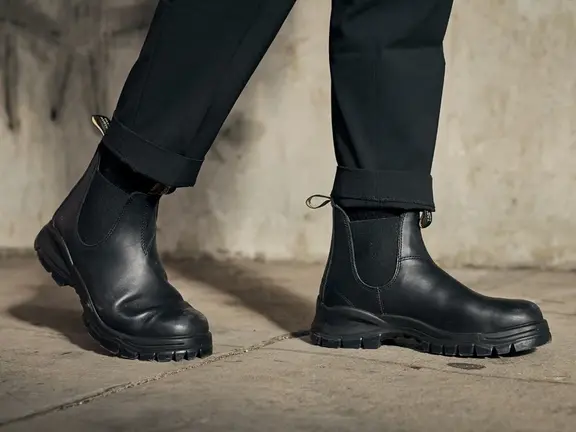Readtime: 8 min
Every product is carefully selected by our editors and experts. If you buy from a link, we may earn a commission. Learn more. For more information on how we test products, click here.
It’s not always easy to ask and it’s infinitely harder to answer, but having the ‘are you OK?’ conversation with friends can be the first awkward step in a long positive journey. As human beings, we want to see our friends be the best that they can be, achieve their goals realise great things, so naturally, support plays a role. We all have our down days and being a good friend is having the ability to recognise and replenish their spiritual battery, but when down days stretch on for weeks, you need to take action. Each year on 10 September, we mark World Suicide Prevention Day, a chance to step back and support those around you, something that is more important now than ever before.

The Conversation that Could Change a Life
If you’ve got a feeling that someone you know or care about isn’t behaving the way they normally would, it could be a sign of a wider issue. It’s important to act quickly and address the situation in a careful and considered way. We know that by starting a conversation and commenting on the changes you’ve noticed, you could help that family member, friend or workmate open up, but what happens next?
“‘Are you okay?’ is a great start, but it has to come from genuine interest. We need to let those that we care about know that we’re truly there for them, with the energy that we present to them,” Dr Dain Heer tells Man of Many. “That’s what we have to cultivate; To be truly willing to be there for someone through the good, the bad, and the ugly. We need to – by our energy, by our actions, and by our interactions with others – show them that we are indeed truly caring about them, and not judging them for whatever they’re going through.”
The author, creator of International Being You Day and co-creator of Access Consciousness has spent the last 20 years sharing his insights on mental health strategies with the world, but it isn’t just an academic exercise. A survivor himself, Dr Heer has been on both sides of the ‘Are you OK?’ question and he knows the power positive reinforcement can play.
“If we choose to approach it from the space of, there’s something about me that can be a contribution to them, that will allow them to know that they’re not alone, and that anything they present will be okay through thick and thin,” he says. “There are so many people, especially now, who feel disenfranchised, who feel totally alone, who are experiencing dynamic stress – but also all of their previous support systems are experiencing dynamic stress, so they’re not there as a support. And so, we need to start this conversation from below the surface.”
While most of us are happy to get the dialogue going and show compassion, we aren’t all mental health professionals and beyond the initial chat, the conversation can run pretty dry. Consistent follow up is the key to staying in tune with your mates, whether they be struggling with mental illness or just coming to the end of their tether with a personal issue. If they say they are not ok, you can follow these steps to show them they’re supported and help them find strategies to better manage the load. But even if they are ok, they’ll know you’re someone who cares enough to ask.

How to Ask
When it comes to having that conversation, approaching it from a place of compassion is key. After all, new research found 22% of Australians aren’t reaching out to ask ‘are you OK?’ because there hasn’t been an occasion where they felt someone needed their help. Katherine Newton, CEO of the massive mental health and stigma-shattering event R U OK? Day said mental health is something that will touch all of us in a unique and often-confronting way.
“None of us are immune to life’s challenges whether that’s a relationship breakdown, financial worries, work pressure or, sadly for some, the loss of a loved one,” said Newton. “Sometimes it won’t be obvious that someone is having a hard time but we know that when we ask early and in a genuine way, we can help someone who might be struggling feel connected and supported, long before they are in crisis.”
Here, Newton and the R U OK? Day team provides advice on how to ask the question:
- Ask – Be relaxed, friendly and concerned in your approach. Help them open up by asking questions like “How are you going?” or “What’s been happening?”
- Listen – Take what they say seriously and don’t interrupt or rush the conversation. Don’t judge their experiences or reactions but acknowledge that things seem tough for them.
- Encourage Action – If they’ve been feeling really down for more than 2 weeks, encourage them to see a health professional. You could say, “It might be useful to link in with someone who can support you. I’m happy to assist you to find the right person to talk to.” Be positive about the role of professionals in getting through tough times.
- Check In – Pop a reminder in your diary to call them in a couple of weeks. If they’re really struggling, follow up with them more frequently.

The Conversation
“Think about what it would have taken when you were in the middle of your most intense suffering for somebody to help you change it,” Dr Heer says. All they would have had to do is ask you, are you okay – in earnest, and actually be willing to listen to you and not shy away from the answer. Then that person realises there’s at least one person on the planet who is willing to be here for me with whatever I’ve got going on. That is all it takes.”
Dr Heer has worked with thousands of people who experienced anxiety, stress and depression to provide the tools to create change. It might sound simple, but his biggest strategy is ownership.
“Firstly, you have to know you are not wrong. Most of the work I do is getting people out of the place where they feel they are not enough and wrong. The second is asking questions,” he says. “Who does it belong to?” is a great starting place. Asking this question makes you realise that a lot of the thoughts, feelings and emotions aren’t even yours. You are picking it up from the world around you. So asking “Is this mine, or am I picking it up from the world around me?” can be very useful as there is a sense of hopelessness and depression for a lot of people right now – especially for the sensitive ones of the world. Asking, who does it belong to?, gives you an awareness that the sadness may not be yours.”
Follow-Up
Following up on a serious conversation about a person’s mental health struggles can be less formal. The person now knows you are for them and willing to talk through their concerns, so your future conversations are more likely to be open and more comfortable. In many cases, the follow up can be as simple as a quick catch up, Dr Heer says.
Even a quick call to say, I’m here for you. Can we meet for a coffee? I’m sorry you are struggling and what can I do to contribute? And just being with them,” the mental health expert says. “We don’t have to be the one to solve it for them. An important thing to realise is that it’s not our job to change it, but what we can do is let this person know they are not alone, and they’re not suffering alone.”
Checking in can be as simple as asking if they’ve found a better way to manage the situation or if they have adequate supports in place. If they haven’t done anything, don’t judge them, they might just need someone to listen to them for the moment.
According to Ann-Maree Fardell Hartley, Registered Psychologist and Suicidologist, research has found 80% those who have recently spoken to someone about something that’s troubling them feel more supported and cared about and 72% said it helped them feel better about themselves and their situation.
If you are concerned about someone’s safety, then it is important to ensure they have the support that they need. Encourage them to reach out to Lifeline or their GP and assist them to make these connections if they are unable to follow through themselves. It’s okay to call 000 for help if you think a person is a risk to themselves or others.
When it comes to asking the question, “Are you okay?” you might feel awkward and it might feel strange, but giving and receiving support is vital to staying mentally healthy. So touch base and be there for your mates. Genuine care and concern can make a real difference.
































Comments
We love hearing from you. or to leave a comment.